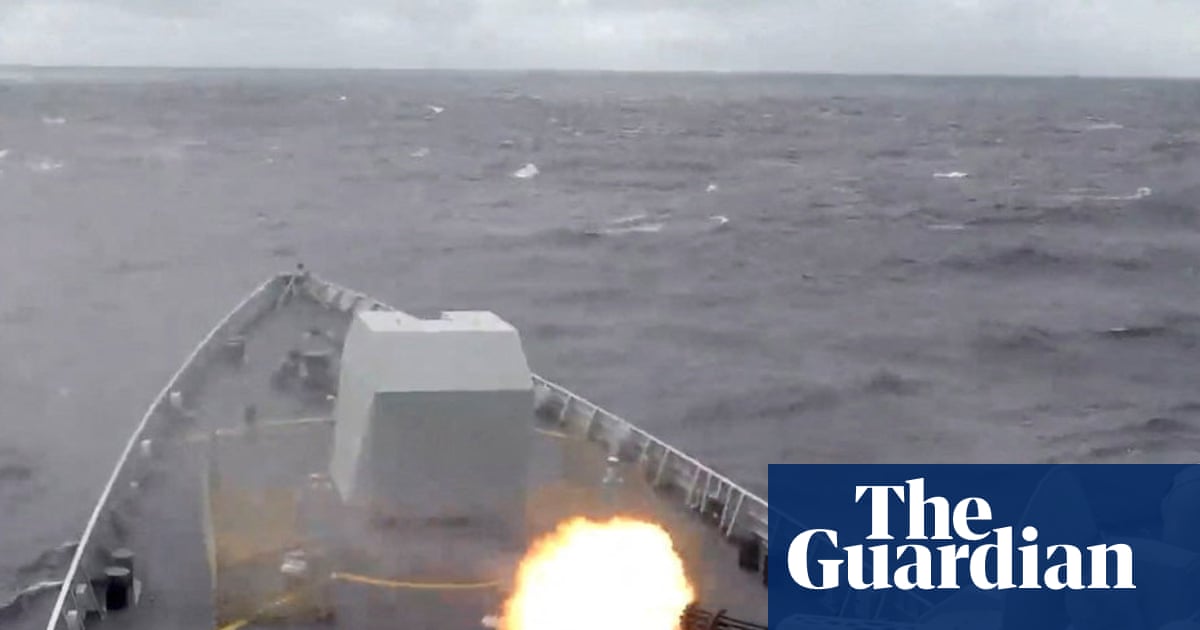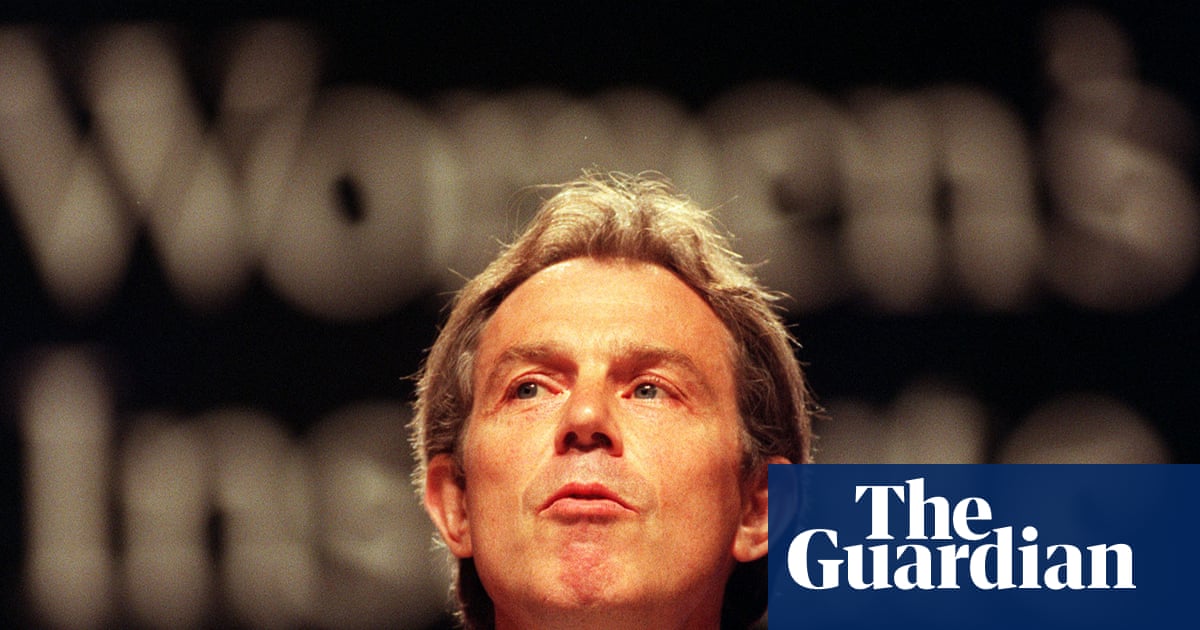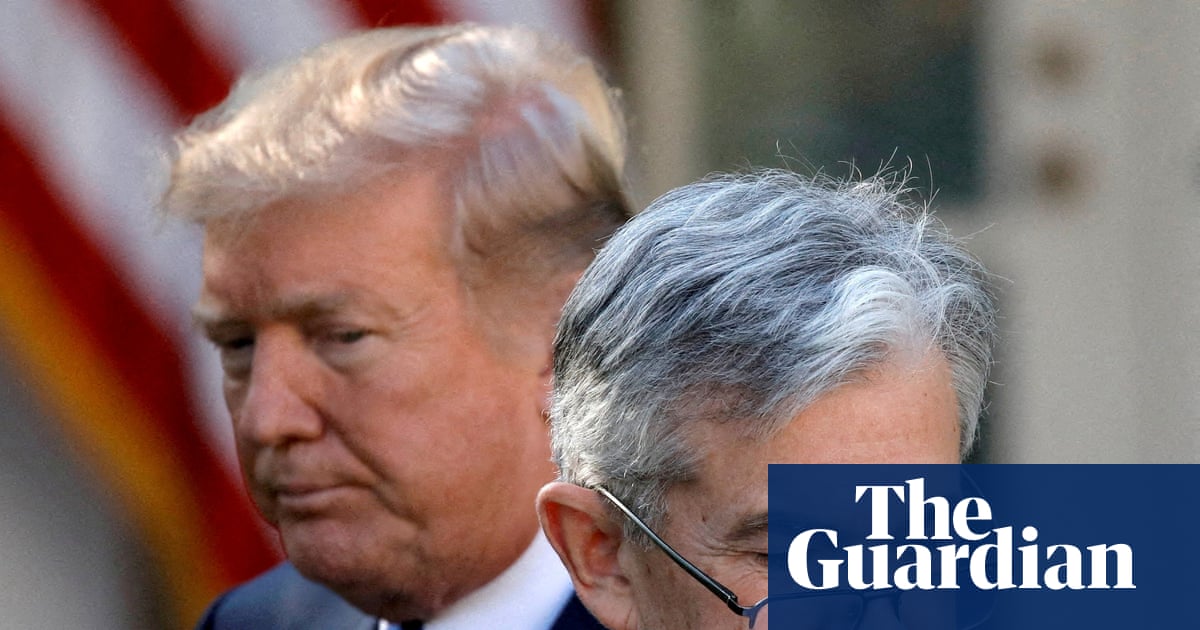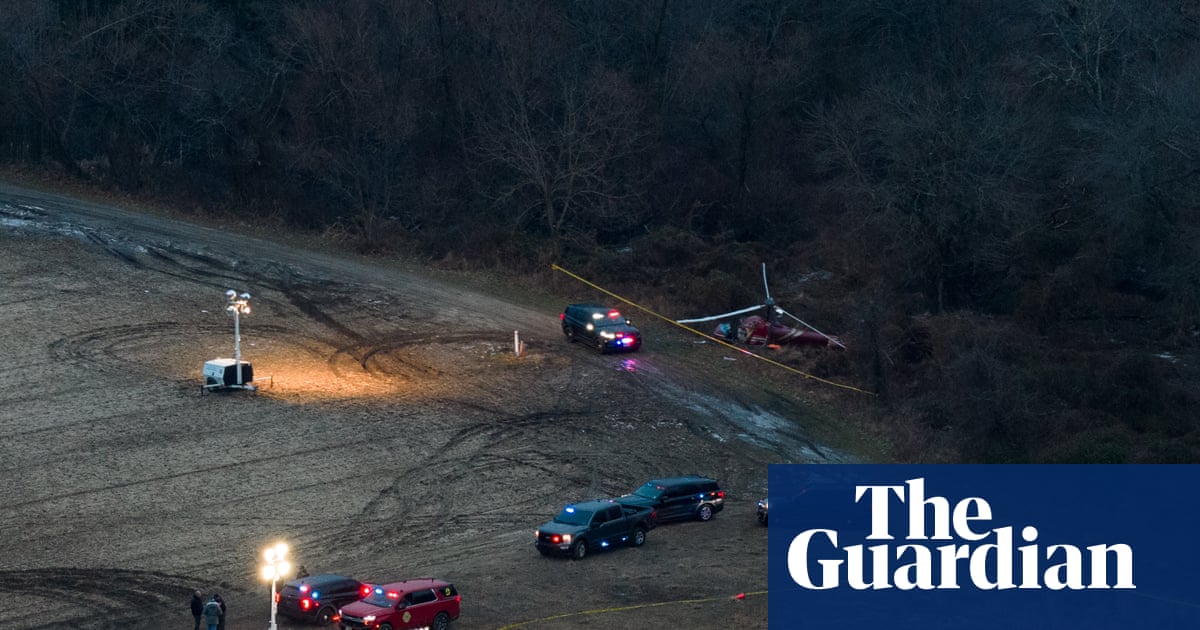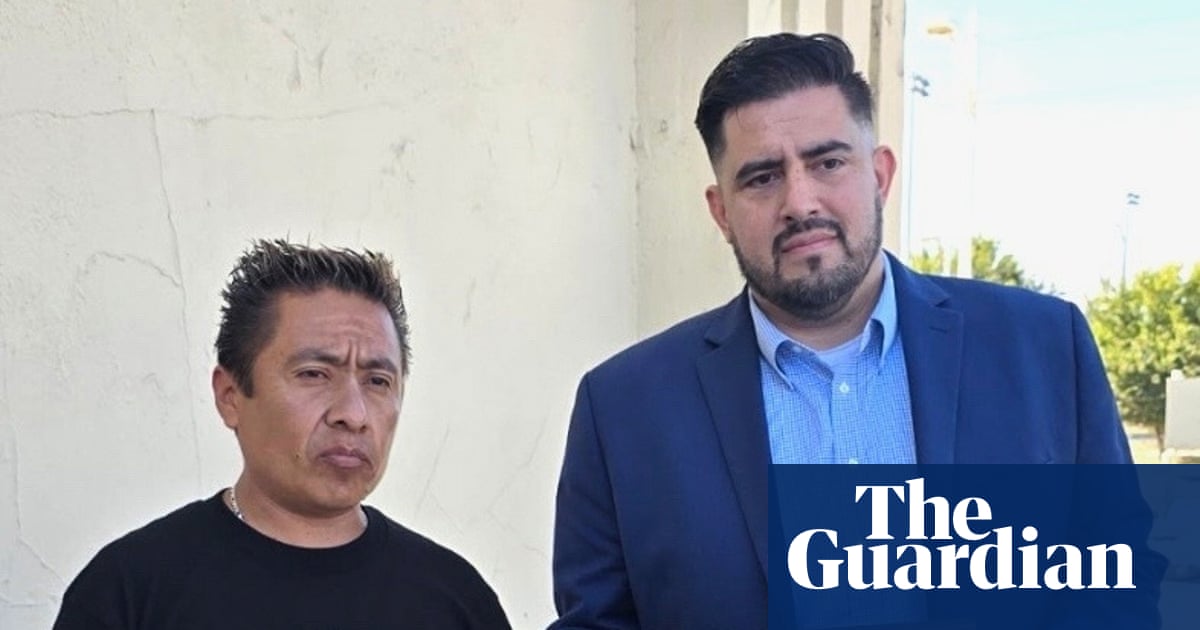-
A drone was downed and detonated about 800 metres (875 yards) from the perimeter of a Ukrainian nuclear power plant, the UN atomic watchdog said on Thursday, with its head warning that “once again drones are flying far too close to nuclear power plants, putting nuclear safety at risk”. The agency said its monitors at the site were informed that 22 drones were observed in the South Ukraine plant’s monitoring zone late on Wednesday and early on Thursday, with some drones flying as close as 500 metres. Monitors heard gunfire and explosions about 1am and later visited the site, near the city of Pivdennoukrainsk, in Mykolaiv region, where the drone came down and saw a crater about 4 sq metres, said a statement from the director general of the International Atomic Energy Agency (IAEA), Rafael Grossi. “Nearby metal structures had been hit by shrapnel and the windows of vehicles close to the impact area were shattered,” he said. “A power line also came down, though it was not connected to the plant … Fortunately, last night’s incident did not result in any damage to the South Ukraine nuclear power plant itself. Next time we may not be so lucky.” There were no reports of casualties.
-
The IAEA also said the Russian-held Zaporizhzhia station had been without power for more than 48 hours after external power lines supplying the plant came down for the 10th time in the conflict. The lines supply electricity vital to cooling its reactors’ fuel and preventing a meltdown. Emergency diesel generators were in operation.
-
Russia is responsible for “widespread and systematic violations” of international law in the treatment of Ukrainian prisoners of war including “arbitrary killings”, according to a report from the Organisation for Security and Cooperation in Europe (OSCE). The violations also include “torture, ill-treatment, denial of fair trial rights and unsafe detention and transfer conditions”, it said. The Vienna-based OSCE’s report, published on Thursday, is the result of a mission of three experts tasked to look into Russia’s treatment of Ukrainian PoWs. They found that Ukrainian soldiers were not recognised as prisoners of war by Russia, which “opens the door for criminal prosecution of PoWs for mere participation in hostilities”. “The mission documented a high number of arbitrary killings and executions attributable to the Russian Federation, occurring both on the battlefield and in detention,” the report said.
-
Russia’s foreign minister has accused Nato and the European Union of using Ukraine to declare a “real war” against his country in a speech at the United Nations that the UK dismissed as “false fantasy world distortions”. Sergei Lavrov’s comments at a G20 meeting of foreign ministers on Thursday came two days after US president Donald Trump signalled a harsher stance on Moscow, praising Ukraine’s war effort and saying Nato allies should shoot down Russian jets that enter their airspace. Lavrov spoke of “the crisis in Ukraine provoked by the west, through which Nato and the EU have ... already declared a real war on my country and are directly involved in it”, while making no reference to Trump’s comments. British foreign secretary Yvette Cooper called out Lavrov as he went to leave when she began her speech and condemned Russia’s “unprovoked war of aggression” against Ukraine, saying: “No amount of false fantasy world distortions, misinformation and propaganda from the Russian representative about the causes of the war will convince anyone.”
-
The US has announced the approval of a $1.23bn sale of up to 400 advanced air-to-air missiles and related equipment to Nato ally Germany. The proposed sale “will improve Germany’s capability to meet current and future threats”, the US Defence Security Cooperation Agency said. The move on Thursday came after German chancellor Friedrich Merz vowed to take “all necessary measures to ensure effective deterrence against ... violations of airspace and other attacks by the Russian military”. Recent weeks have seen Russia send fighter jets and drones into the airspace of Nato members Poland and Romania, followed by suspicious drone flights near airports in Denmark and Norway. Merz’s government has also blamed Moscow for multiple drone sightings over German military and industrial sites.
-
Russian attacks on Thursday temporarily knocked out power to at least 70,000 people in Ukraine’s northern Chernihiv region, officials said, amid renewed Russian airstrikes on shattered energy infrastructure ahead of winter. About 29,000 consumers faced power cuts in Chernihiv and the surrounding district, as well as 43,000 in the town of Nizhyn, the regional power distribution operator said on Telegram. Works to restore electricity supplies were under way. Russian troops also targeted energy facilities in Vinnytsia, disrupting power flows for parts of the central city and causing fires.
-
German chancellor Friedrich Merz is advocating for the European Union to unlock up to €140bn ($164bn) in frozen Russian assets to finance Ukraine’s war effort, marking the first public expression of support at this level from Germany for such a move. The proposal of an interest-free EU loan, outlined in the Financial Times, aims to provide long-term support for Ukraine without violating property rights. The assets would remain frozen until Russia pays reparations for the war, Merz suggested, addressing longstanding legal and financial concerns that had previously made Germany and other EU states wary of confiscating Russian assets.
-
President Volodymyr Zelenskyy outlined Ukraine’s plans to boost drone exports and expand tech partnerships as he met the top management of a host of leading US businesses including Amazon, Bank of America and Westinghouse, his office said on Thursday. “Our country has a strong drone manufacturing industry and more than 300 technology companies,” the Ukrainian president said in a statement. “I think this is a new direction for our business and economy in the future. I think this year we will open up exports of our new technologies only to those countries that we can count on.”
-
Zelenskyy has said he will be ready to leave office once the war is over, Axios has reported. The president, responding to Trump administration criticism over the indefinite suspension of elections in wartime Ukraine, told the US website that he would not seek to remain in power once peace came. “My goal is to finish the war,” not to continue to run for office, he said. He also warned that the Kremlin would become a target and Russian officials should check for bomb shelters if Moscow did not stop its invasion.

 3 months ago
41
3 months ago
41
